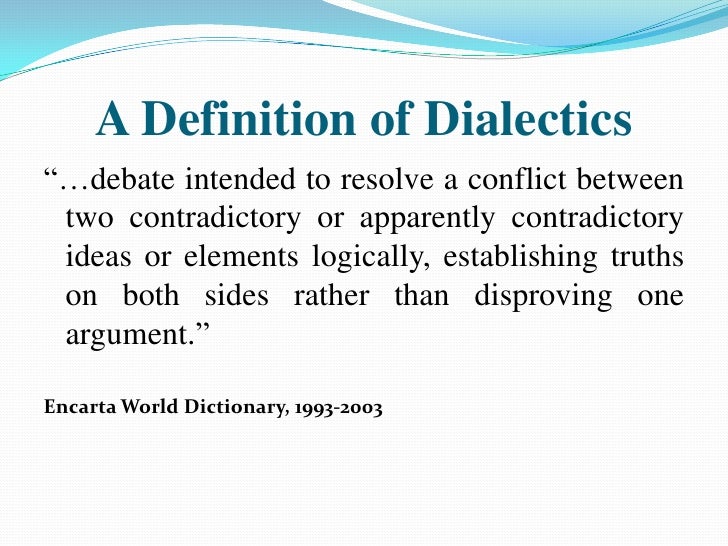

I think the difference is vanishingly small. Gordon’s claim (53) about Adorno, resembles Scholem’s claim about Judaism, that it is more negative than negative theology. While I accept that negative theologians believe in God, and Adorno probably doesn’t, I reject the stark contrast that Gordon draws.

They thus aim at “reconciliation.” Adorno, by contrast, remains consistently negative. He would loathe the thought that this negativity is only a passing moment on the way to reconciliation.” So Gordon argues that, in spite of their best attempts not to, negative theologians end up affirming a “metaphysical truth” presumably concerning God’s existence or nature.

Instead, he … pursues it (the negative) right into the heart of theology itself where it dissolves the metaphysical object it was originally meant to serve. According to Gordon “ Adorno pursues the via negativa to liberate us from the illusions of ideology, but he does not stop short before any kind of final or metaphysical truth. But we differ in our judgments of where the analogy breaks down. I agree it breaks down in the sense that it is, in the end, only an analogy, not a thoroughgoing similarity. Gordon accepts the analogy between Adorno’s philosophy and negative theology but claims that it “ ultimately breaks down”. This interpretation of Negative Dialectics is not forced, because Adorno himself more than once refers to the non-identical as “the ineffable” and claims that the central concern of philosophy, is to try “against Wittgenstein to say what cannot be said…The task of philosophical reflection consists in unravelling this paradox.” (21).The analogy with negative theology holds, then, not because there is a theological dimension to Adorno’s thinking, which, pace Angermann, I deny, but because Adorno’s central thesis that the concern of philosophy is to think what is non-identical to thought faces the same philosophical difficulty as negative theology does in its attempt to talk about, and to know, a God that is wholly transcendent. It follows that Adorno’s Negative Dialectics can be understood as a way of addressing the paradox of the ineffable. There is no such thing as non-conceptual thinking and so we cannot so much as conceive of what is non-identical, let alone say what it is. To think is to use concepts, and to use concepts is, ineluctably, to identify. By Adorno’s lights, thought is conceptual. Adorno conceives non-identity as what is non-identical to thought. Since the textual evidence is ambivalent, I take the following to be decisive. The trouble is he just as often says that it is. Indeed, Adorno frequently denies that the non-identical is not wholly transcendent and ineffable. Some, like Elizabeth Pritchard (303), reject this interpretation of non-identity in Adorno, on the grounds that he says in his Negative Dialecticsthat “metaphysics cannot … be conceived after the mode of an absolute otherness terribly defying thought”(407). The analogy holds only if one construes the non-identical in Adorno strictly as “the figure of something wholly beyond reason and completely other to discursive thought and hence unknowable and ineffable” (Finlayson, 2012, 4). My view is that there is an analogy between Adorno’s conception of the task of philosophy, which is to think what is non-identical to thought, and certain doctrines of negative theology concerning the human inability to describe, express, or know God’s essence or nature.

Put briefly and crudely, I hold that negative theologians are more philosophical, and Adorno’s critical theory less theological, than Gordon maintains. Though we agree there is an analogy between aspects of Adorno’s negative dialectics and negative theology, we differ on significant points that I will attempt to bring into sharp focus. Gordon addresses questions about Adorno and negative theology which I address in my own work on Adorno ( 2002 & 2012). In his new book, Migrants in the Profane, and in a recent interview on this blog, Peter E.


 0 kommentar(er)
0 kommentar(er)
